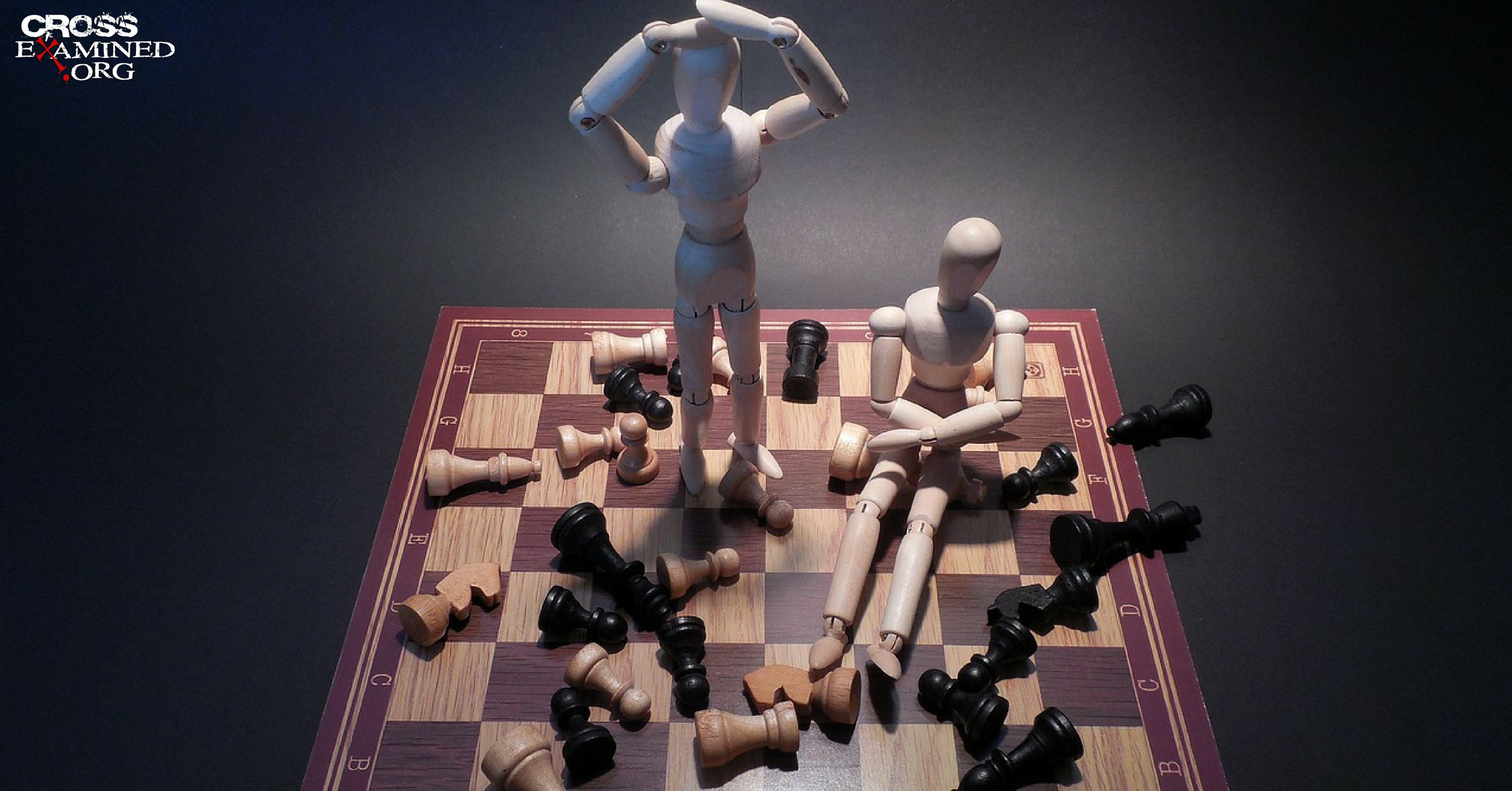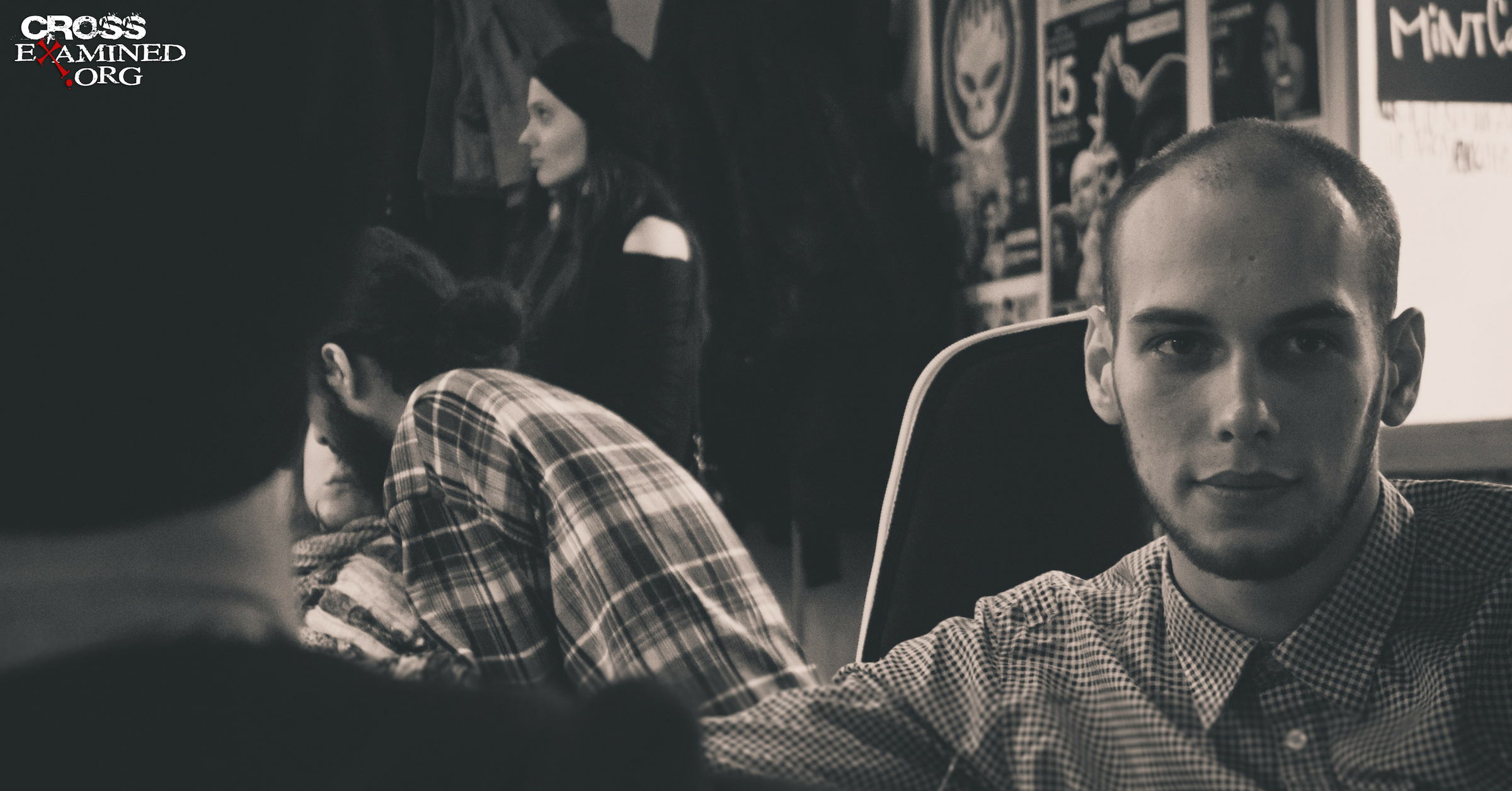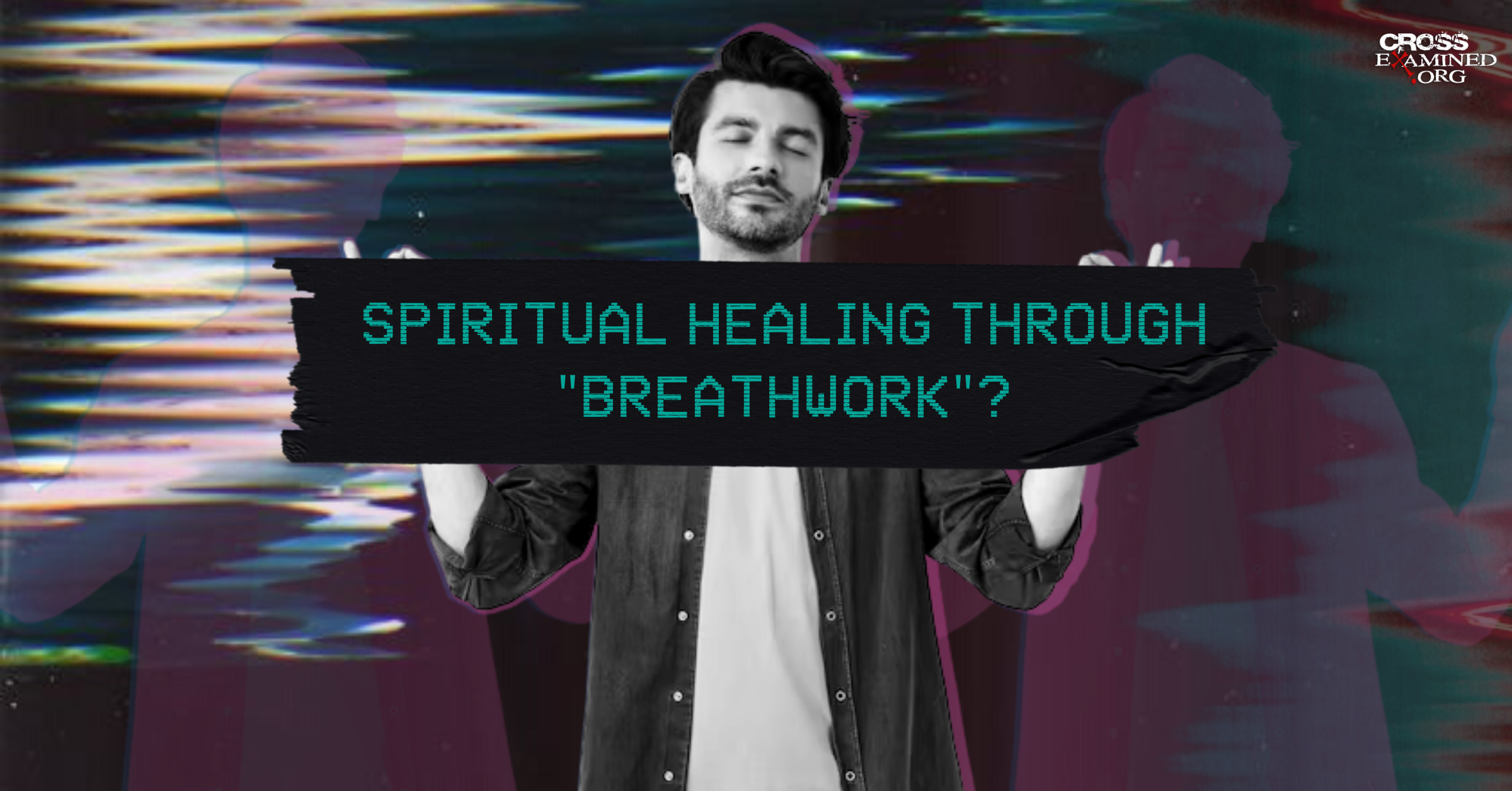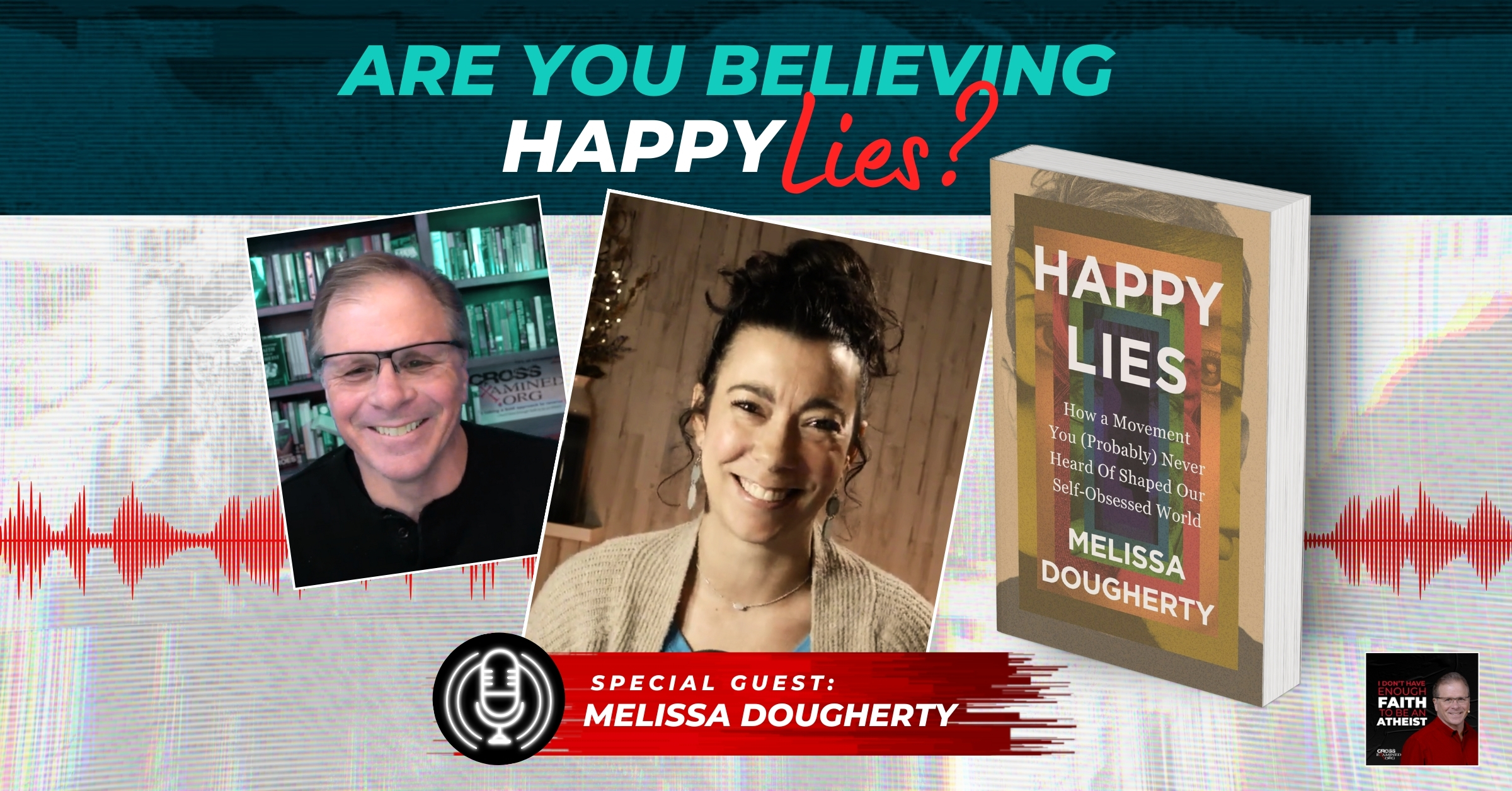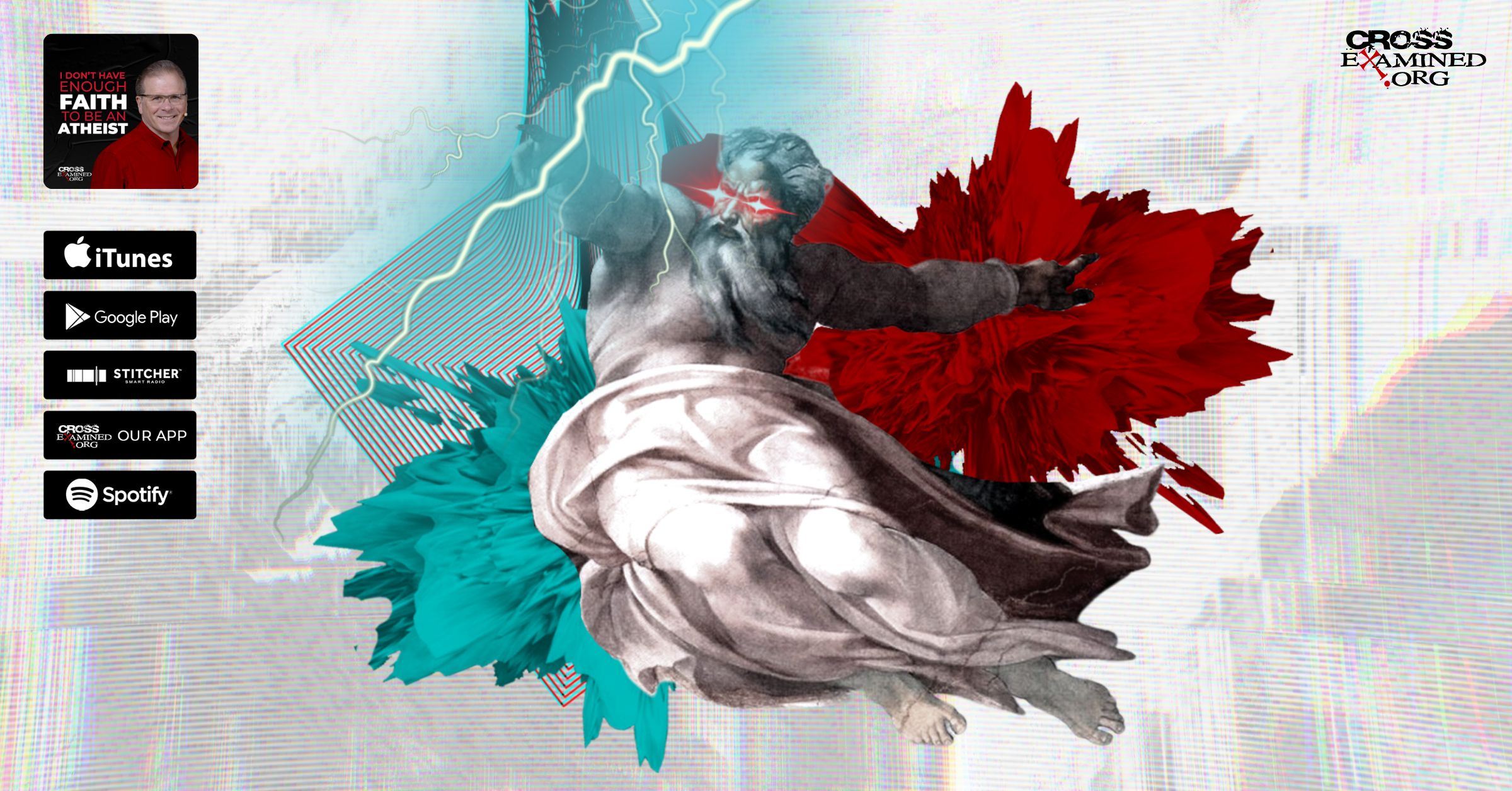The Pendulum Problem: A Warning of Extreme Beliefs
By Melissa Dougherty
I have a dog and a cat.
Max is my dog whose personality is likened to a lovable, furry, hyperactive toddler. As an anxious dog, nobody is safe from his “watchful” eye. When the doorbell rings, my ferocious dog barks an explosive cry so loud that it vibrates throughout the entire house. His hair stands up, and he aggressively pushes his nose to the door to somehow intimidate his arch nemesis: the poor Amazon delivery dude. “Don’t you hoomans see the problem!? I’m protecting you from the bomb just delivered to our door!” Is a mom walking her baby down the street? A kid riding their bike? Oh, he must inform us about this potential threat by alerting us with all the gusto he can muster because it very well could be an ax murderer, for all we know. Everything is a threat. He must always be on constant exaggerated alert because he feels like this is how he will protect his family.
Dusty is my cat, a seal-point Siamese who is calm and passive and lives for food and sleep. Her personality is like, well… a cat. When someone comes to our door, she pays no mind. She likes routine and comfort. The end.
Like one end of a pendulum to the other, both are polar opposites. Some people can relate in some way to the personality traits Dusty and Max exhibit. I use my pets as an example to show the extreme views that I sometimes see in religion. Some people are highly apathetic, while others are constantly on guard. I know it’s not as black and white as this, but I’m sure many people somewhat understand what I’m talking about. Think of a swinging pendulum. Its weight forces itself from one side to the other, making it the opposite of its previous position. When someone leaves a particular belief system where maybe they’ve been deeply hurt, they want to be so far away from the said belief that they ‘overcorrect’ and go off the rails in the opposite direction.
This is the essence of what I call the “Pendulum Problem.”
Maybe someone had a bad experience in a very legalistic religious setting that was ridgid and cultlike. So they self-heal by distancing themselves from anything that has to do with organized religion, perhaps becoming an atheist or just “spiritual” with a very fluid view of morality and truth. It could also be the opposite, where someone feels they have been deceived by the devil with their spirituality. They become so careful and scared of being deceived again that they become overly cautious, critical, and legalistic in their religious convictions. Personally, I went through both sides of the pendulum to some degree. I went through about a four to five month time period where I demonized almost everything I saw. It was “worldly” and “demonic.” I came across as judgmental… and I really was. I didn’t want to be involved with anything or anyone that seemed remotely new age on any level out of fear. Then there came a time when I didn’t want to be seen as a religious Bible thumper and became too apathetic with few spiritual boundaries. I was in error both times.
So why is this an issue? Because extreme beliefs can create confirmation bias and unhealthy echo chambers. I believe this hinders the effective spread of the Gospel.
As Christians, do we need to have discernment? Yes. But do we need to live in a state of mind that functions more out of fear of deception than a love for the lost? No, we don’t. Do we need to be loving? Yes. But do we need to conform to the world to the point that we’re indistinguishable from it for the sake of peace? No, we don’t.
Another issue is that this goes even deeper than allowing thoughts to swing too far the other way. Our thought-life reflects our actions. I have often observed a fixation with throwing punches against what they came out of and immersing themselves with people and teachers that speak against it. They filter more and more of their worldview through this new paradigm. They can’t tolerate any compromise or nuance of an opposing view. Even if there was some lousy theology in their previous group, they will go to great lengths to defend themselves and be around people they know are “safe.”In this way, they reinforce what they already believe because the only voices they hear are those that are agreeable and never challenge them. A “challenge” is seen as the Amazon delivery man dropping off your new houseshoes, but better run for cover because it might be a false teacher instead. They’re steering clear of otherwise decent people that are more nuanced than they’re comfortable with.
What the Pendulum Problem really is? It’s a theology of experience. The hermeneutic for people in this phase is based on their experience: positive or negative. That’s the lens through which they see the world and define theology and their worldview. That’s another reason why this is a major problem. It’s based on negative history.
So what do we do about this once we recognize the problem? First, It’s valuable to know why we do this and maybe what we can do about it. Have I just been hurt, and this is my way of protecting myself? Am I angry at the people whom I now disagree with? Am I functioning out of hurt? Do I need to forgive? I think it’s important to understand that, to some degree, we’ve all done this or have seen it. Once we can recognize that our interactions with people are imbalanced, we can move forward with healing from this. Second, we do this out of a sense of trying to do the right thing. We want to do what’s right. But sometimes we overcorrect and we need to stabilize. We can function out of hurt kidding ourselves into thinking we’re being protective but it’s actually causing damage. People really do experience hurts, and it’s important to be sensitive to that hurt. I don’t think people actually intend to do this. There are legitimate traumas that they’ve experienced and they need understanding, prayer, and love. Third, Scripture should be our guide and Jesus should be our example. I clearly see a healthy balance when it comes to truth in love.
Recommended resources related to the topic:
I Don’t Have Enough Faith to Be an Atheist (Paperback), and (Sermon) by Norman Geisler and Frank Turek
How Philosophy Can Help Your Theology by Richard Howe (DVD Set, Mp3, and Mp4)
_____________________________________________________________________________________________________________________________________________________
Melissa Dougherty is a Christian Apologist best known for her YouTube channel as an ex-new ager. She has two associate’s degrees, one in Early Childhood Multicultural Education, and the other in Liberal Arts. She is currently pursuing her bachelor’s degree in Religious Studies at Southern Evangelical Seminary.




